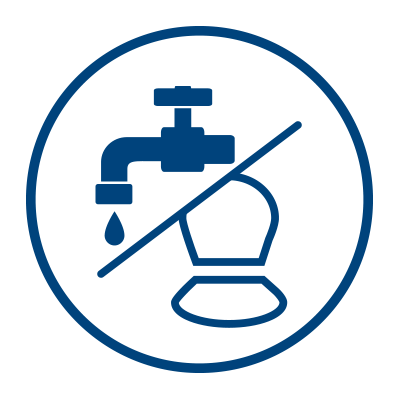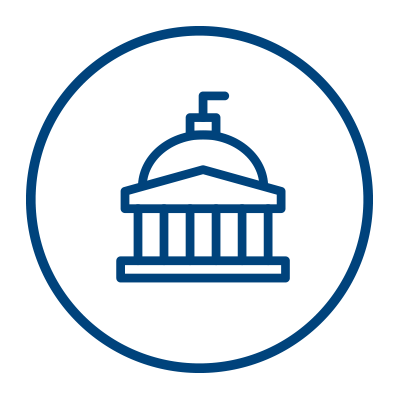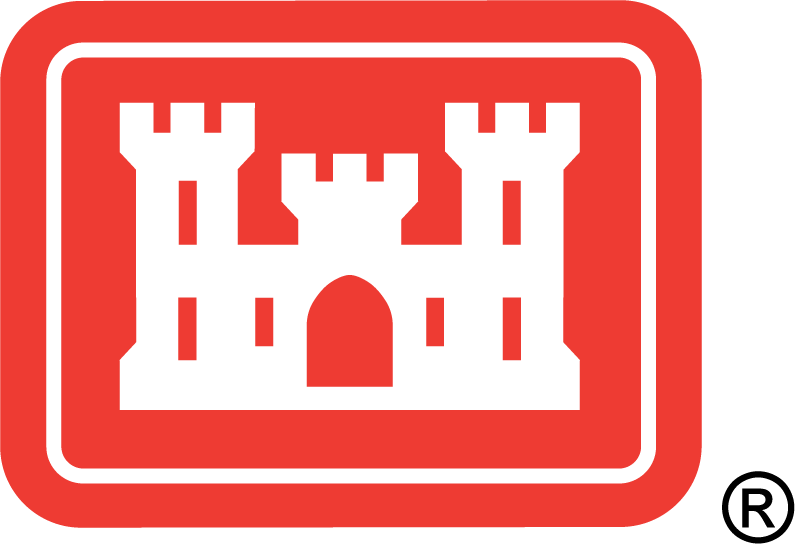Using Policy Reform to Build Capacity in Sierra Leone’s Water Sector

The Story
Countries that face challenges with water quality, quantity, and accessibility cannot begin to address these issues without effective governance frameworks. Governance is also an issue in other sectors that water production depends on and is essential for, such as the electricity sector. In 2015, the Millennium Challenge Corporation (MCC) and the Government of Sierra Leone began a $44.4 million partnership to implement policy reforms, build institutional capacity, and improve governance in the water and electricity sectors of the country, with a focus on the capital city of Freetown. The program seeks to create a foundation for the delivery of financially sustainable water and electricity services, while limiting corruption in service delivery, by establishing independent regulations, strengthening key institutions, and increasing transparency and accountability.
The Water Sector Reform Project, one of three projects under this program, aims to improve overall sector governance, performance, and accountability by building capacity at Guma Valley Water Company, Freetown’s water utility. The project includes a demonstration activity to test new strategies for reducing water losses and combating illegal connections to water distribution systems and a pilot activity to assess the viability of a new, private sector–led management model for outdoor public water sources. Additionally, a study will be conducted in Freetown to examine instances of gender-based violence related to collecting water. The results of this study will inform policymakers and allow them to identify possible pilot interventions to improve water collection safety.
Find More
Strategic Objective(S)
 Access to Safe Drinking Water and Sanitation
Access to Safe Drinking Water and Sanitation
 Governance and Financing
Governance and Financing




Highlight